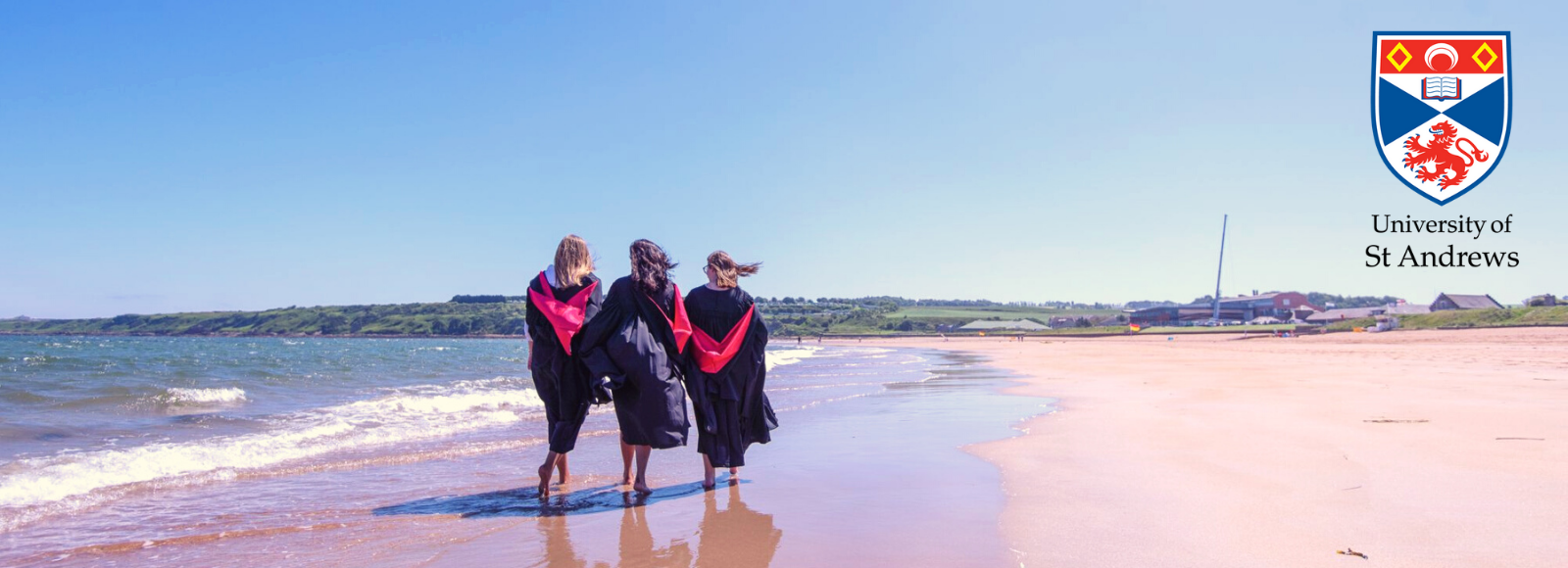Masters Degree Description
The MLitt in International Political Theory is a one-year taught postgraduate programme run by the School of International Relations.
Highlights
- Offers a uniquely deep focus on both the history of political thought and contemporary political theory.
- Distinctive approach, different from that of traditional programmes in international relations or international relations theories.
- Ideal for further academic work leading to a PhD at St Andrews or elsewhere.
- Prepares students for a wide range of professional fields including law, policy research and consultancy, NGOs, charities, international organisations, civil service and publishing.
Entry Requirements
- A 2.1 Honours degree. If you studied your first degree outside the UK, see the international entry requirements.
The qualifications listed are indicative minimum requirements for entry. Some academic Schools will ask applicants to achieve significantly higher marks than the minimum. Obtaining the listed entry requirements will not guarantee you a place, as the University considers all aspects of every application including, where applicable, the writing sample, personal statement, and supporting documents.
Fees
For fees and funding options, please visit website to find out more
Student Destinations
Students who graduate from the MLitt in International Political Theory go on to work in various professional fields including:
- law
- policy research and consultancy
- NGOs
- charities
- international organisations
- civil service
- publishing
The Careers Centre offers one-to-one advice to all students as well as a programme of events to assist students in building their employability skills.
Module Details
Compulsory
- Analysis and Interpretation in International Political Theory: introduces methods and interpretive approaches that can be taken in the study of international political theory.
- Concepts in International Political Theory: introduces students to a range of core concepts in International Political Thought, such as the state, power, law, justice, class, gender, race, empire, democracy, agency, borders, rights, and sovereignty.
Optional
Students choose two optional modules.
Here is a sample of optional modules that may be offered, subject to staffing and availability.
International Political Theory-focused options:
- Global Constitutionalism: explores the role of constitutional thinking and draws upon legal theory and international law as well as broader themes.
- Migration and Political Theory: explores the relationship between political thought and the complex phenomenon of migration, including how migration influences understandings of citizenship, rights, borders, justice, and security.
- Political Theory of Race and Caste: gives students an opportunity to study forms of social hierarchy and injustice based on race, caste and descent, through reading key texts in political theory that grapple with conditions of racial and caste subordination and that gesture at the possibilities for emancipation from them.
- World Politics After the 'Death of God': Between Apocalypse and Hope: explores contributions in post-Nietzschean political philosophy and 20th-century political theology as a way to understand the currency of notions such as tragedy, evil and hope in modern politics.
- 'Reason of State': Origin, Nature and Career of a Concept: studies the meaning, origins, development and significance of the notion of 'reason of state' in western political thought.
- Theories of Friendship and Enmity: addresses a number of classical texts in western political thought on the themes of friendship and enmity.
- Topics in International Political Thought: introduces students to key themes in the international realm through a close engagement with the ideas of a single theorist.
Learn more about University of St Andrews

Scotland’s first university, an experience like no other
Masters programmes to help you find your future.
Are you looking to earn an outstanding pos...
